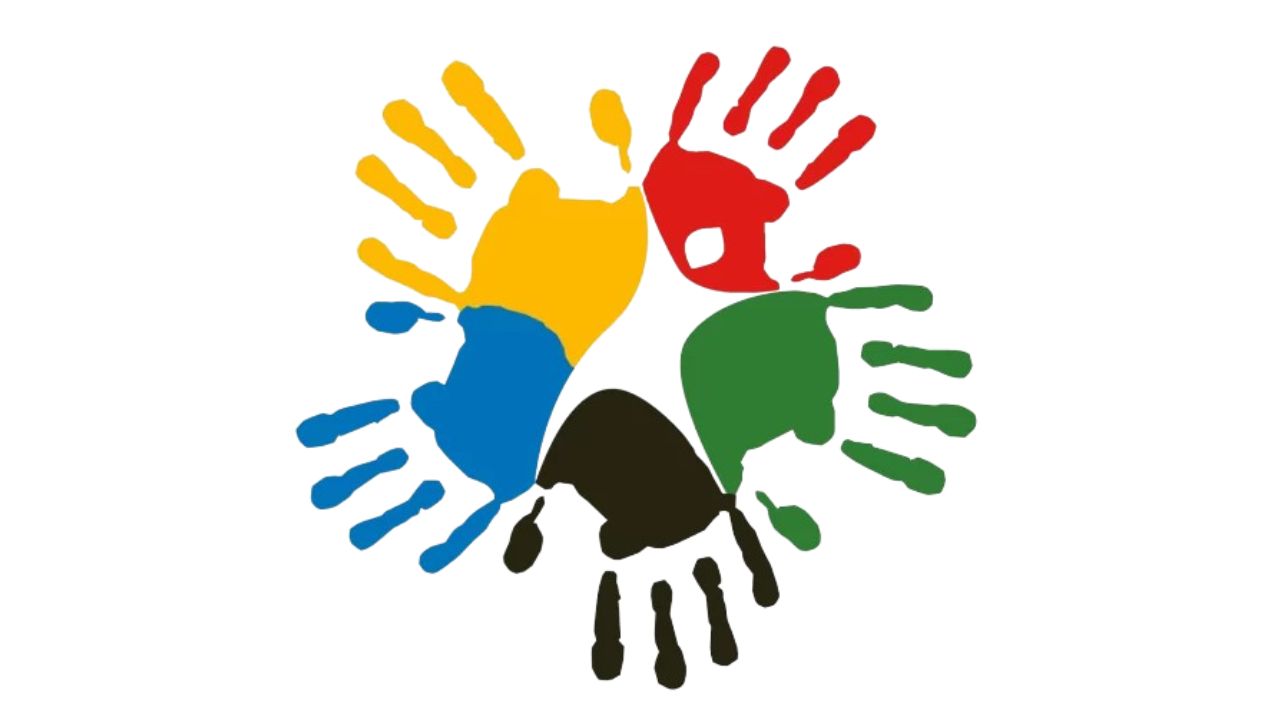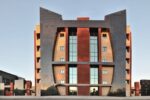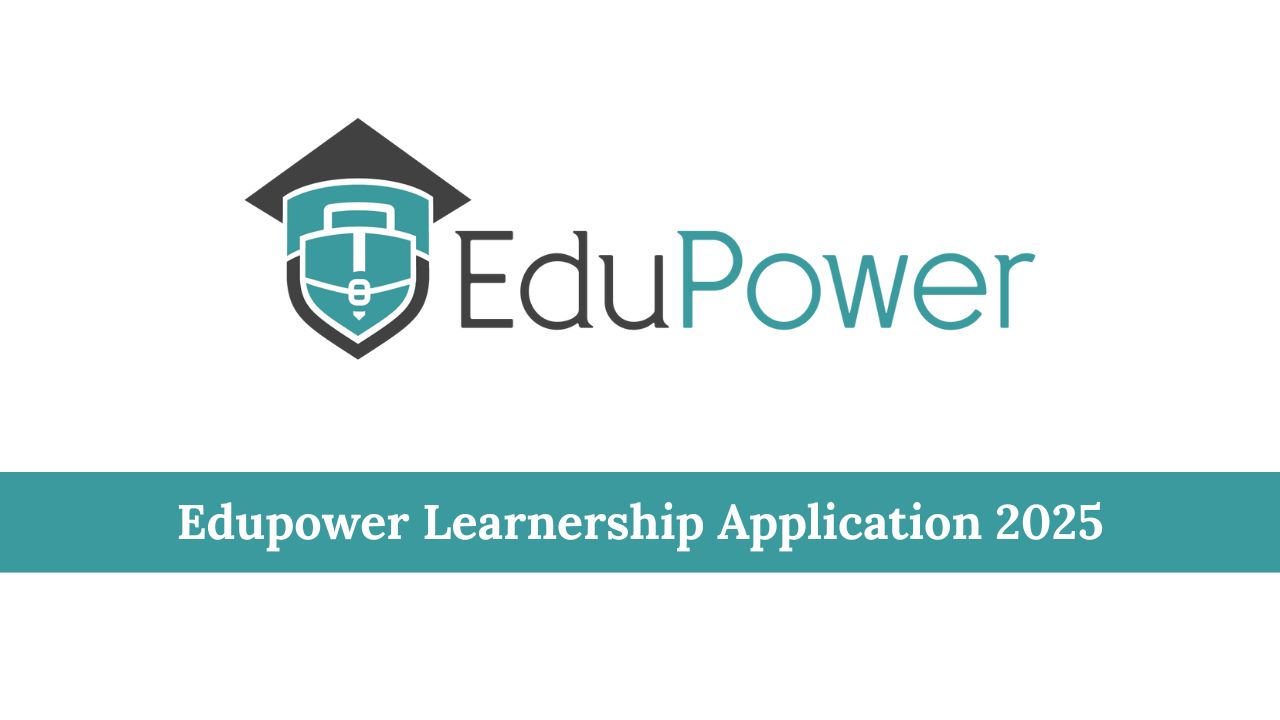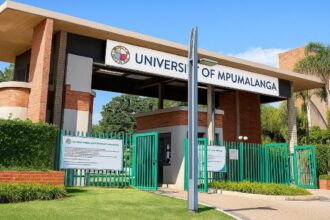Covid-19 Social Relief of Distress Grant. The COVID-19 Social Relief of Distress (SRD) Grant was introduced by the South African government as an emergency intervention to support unemployed citizens and vulnerable households affected by the economic fallout of the pandemic. Implemented in May 2020, the grant provided financial assistance to individuals who had no other means of income or government support during one of the most challenging periods in modern history.
Background and Purpose of the COVID-19 SRD Grant
The outbreak of COVID-19 in early 2020 led to stringent lockdown measures, resulting in widespread job losses, business closures, and economic instability. Recognizing the urgent need for financial aid, the South African government, through the South African Social Security Agency (SASSA), introduced the Social Relief of Distress (SRD) Grant. Initially set for a six-month period from May 2020 to October 2020, the grant was later extended multiple times, highlighting the ongoing financial struggles faced by many South Africans.
Eligibility Criteria for the COVID-19 SRD Grant
To ensure that the most vulnerable citizens benefited from this initiative, specific eligibility criteria were established. Applicants had to meet the following conditions:
- Be a South African citizen, permanent resident, or a refugee registered with Home Affairs.
- Be between the ages of 18 and 59.
- Be unemployed and without any other source of income.
- Not be receiving any other social grants, UIF benefits, NSFAS funding, or government financial support.
- Have a valid bank account or a method to receive payments.
These criteria ensured that the grant reached those who were in genuine need of assistance.
Application Process for the COVID-19 SRD Grant
SASSA made the application process simple and accessible by introducing an online and mobile-based platform. Here’s how applicants could apply:
- Online Registration: Applicants could apply via the SASSA SRD website.
- WhatsApp and USSD Applications: A dedicated WhatsApp number and USSD codes were provided for those without internet access.
- Submission of Personal Information: Required details included an ID number, contact information, and banking details.
- Verification Process: SASSA conducted checks with Home Affairs, SARS, and other databases to verify eligibility.
- Approval and Payment: Once approved, beneficiaries received R350 per month directly into their bank accounts, mobile wallets, or through retail collection points.
Challenges and Public Response
While the SRD Grant was widely praised, several challenges emerged:
- Delays in Payments: Many applicants faced long waiting periods before receiving their funds.
- Application Rejections: Some eligible individuals were unfairly rejected due to verification issues.
- Fraud and System Abuse: Attempts to defraud the system led to stricter verification measures.
Despite these setbacks, the grant provided crucial financial relief to millions of unemployed South Africans, preventing extreme poverty during the height of the pandemic.
Extension and Adjustments
Given the ongoing economic struggles, the South African government extended the COVID-19 SRD Grant several times, with the latest extensions running through April 2024. These extensions reflect the continued financial hardship faced by many households and the government’s commitment to providing temporary assistance.
Economic Impact of the SRD Grant
The COVID-19 Social Relief of Distress Grant played a significant role in stabilizing the economy during turbulent times:
- Alleviating Povert: It helped millions afford basic necessities such as food, healthcare, and transportation.
- Boosting Consumer Spending: The grant injected money into the economy, supporting small businesses and local markets.
- Reducing Unemployment Stress: While not a permanent solution, the grant provided temporary relief to job seekers struggling to find work post-lockdown.
Conclusion
The COVID-19 SRD Grant remains one of the most impactful social assistance programs in South Africa’s history. As the country continues to recover from the economic shocks of the pandemic, discussions about permanent basic income support are gaining momentum. While the SRD Grant was a temporary measure, it highlighted the need for sustainable social protection programs to support vulnerable populations in the future.










